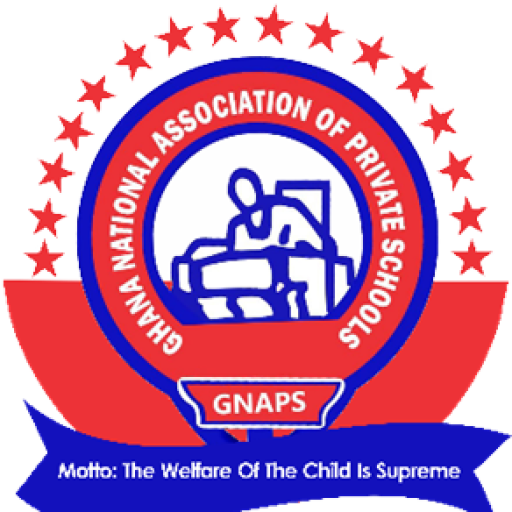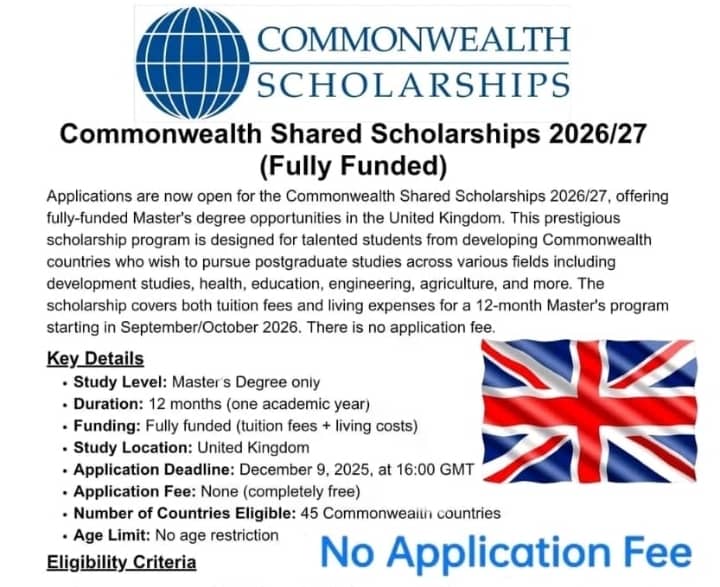
How to Get a Powerful Scholarship Reference Letter (Template Included)
A well-crafted scholarship reference letter can be the deciding factor that sets your application apart from the rest. It’s more than just a formality; it’s a credible endorsement that gives the selection committee a window into your character, achievements, and potential.
This guide will walk you through how to approach the right people, request letters professionally, and ensure you get the glowing endorsements you deserve.
Why Do Scholarship Reference Letters Matter?
Think of your application as a puzzle. Your grades, CV, and essay are key pieces, but the recommendation letter is the piece that connects them all, providing a complete picture of who you are. These letters:
-
Validate Your Achievements: A trusted referee confirms your skills, hard work, and dedication.
-
Showcase Your Character: They reveal who you are beyond the numbers—your work ethic, leadership, and personality.
-
Build Credibility: A third-party perspective adds immense trust and weight to your application.
Who Should You Ask? Choosing the Right Referee
Not just anyone can write you a strong letter. The ideal referee is someone who:
-
Knows You Well: They have directly supervised, taught, or mentored you.
-
Is Relevant: Their expertise should align with the scholarship’s focus (e.g., a science professor for a STEM scholarship).
-
Has Credibility: A respected figure in their field adds authority to their words.
-
Is Supportive: They genuinely believe in your potential and are enthusiastic about helping you.
Best People to Ask:
-
Teachers & Professors: Perfect for highlighting academic strengths and intellectual curiosity.
-
Employers or Internship Supervisors: Ideal for showcasing work ethic, professionalism, and leadership.
-
Mentors or Coaches: Great for illustrating teamwork, dedication, and character through extracurriculars.
-
Volunteer Coordinators: Essential for scholarships focused on community service and social impact.
Who to Avoid:
-
Family members, friends, or distant acquaintances who cannot provide specific, professional insights.
Follow us on WhatsApp for more updates: https://whatsapp.com/channel/0029VaCyYGIFHWpx22L38a2K
Seekers Consult
Contact Us for Your Study Abroad Journey
We search for schools and check available scholarships for you
Contact: 0550414552 / 0362297079

Loan for government workers
Transcript Application
English Proficiency
Recommendation letter
Project work/thesis for undergraduate, master’s, and PhD students.
Apply for Affidavit, Gazette instantly
Passport and Visa Applications
All other Internet Services
How to Ask for a Letter (Without the Stress)
A good request sets the stage for a great letter. Follow these steps:
1. Start Early
Ask at least 3-4 weeks before the deadline. Writing a compelling letter takes time, and your referees are busy people.
2. Make a Formal & Polite Request
Whether you ask in person or via email, be professional and clear. Here’s an email template you can adapt:
Subject: Request for Scholarship Recommendation Letter
Dear [Mr./Ms./Dr. Last Name],
I hope this email finds you well.
I am currently applying for the [Name of Scholarship], which focuses on [mention scholarship’s focus, e.g., academic excellence, community leadership]. I have greatly valued my time in your [class/position at company] and particularly enjoyed [mention a specific project or experience].
Given your firsthand knowledge of my work and abilities, I was wondering if you would feel comfortable writing a strong letter of recommendation for me?
The deadline for submission is [Date]. I have attached my CV, a draft of my personal statement, and details about the scholarship for your reference. I am also happy to share any other information that might be helpful.
Thank you so much for considering my request and for your support.
Best regards,
[Your Full Name]
[Your Student ID, if applicable]
[Your Phone Number]
3. Provide a “Recommendation Packet”
Make it as easy as possible for your referee. Provide them with:
-
Your updated CV or Résumé
-
Details about the scholarship and its criteria
-
Your personal statement or essay draft
-
A bullet-point list of key achievements or projects you worked on with them (jog their memory!)
-
Clear instructions on how and where to submit the letter.
4. Follow Up Politely
If you haven’t heard back in a week, send a gentle reminder. A simple nudge is all it takes.
5. Say Thank You—Twice!
Thank them immediately for agreeing and then again after they submit the letter. A heartfelt thank-you email is essential, and a handwritten note can leave a lasting impression.
What Makes a Reference Letter Strong?
A powerful letter isn’t just generic praise; it’s specific and structured.
-
Introduction: Who the writer is, how they know you, and for how long.
-
Body: Specific examples and anecdotes that highlight your:
-
Academic performance and intellectual curiosity
-
Work ethic and dedication
-
Leadership and initiative
-
Character and personal qualities
-
-
Conclusion: A clear, strong endorsement of your candidacy for the specific scholarship.
Example Snippet of a Strong Letter:
“I am delighted to recommend Jane Doe for the Future Leaders Scholarship. As her professor for Advanced Economics, I was consistently impressed by her analytical skills. During a complex group project on market trends, Jane took the initiative to [specific example], demonstrating exceptional leadership and problem-solving abilities that surpassed her peers. Her passion for the subject is matched only by her humility and collaborative spirit…“
Common Mistakes to Avoid
-
Waiting until the last minute. This leads to rushed, generic letters.
-
Choosing a referee based on title, not relationship. A CEO who doesn’t know you will write a weaker letter than a manager who does.
-
Being vague in your request. The more information you provide, the better and more detailed your letter will be.
-
Failing to confirm submission. Always check that your referee has submitted the letter before the deadline.
Frequently Asked Questions (FAQs)
1. How many reference letters do I need?
Most scholarships require 2-3 letters. Always check the specific application guidelines.
2. Can I use the same letter for multiple scholarships?
Yes, but advise your referee if the letters need to be tailored slightly for different opportunities.
3. Can I see the letter before it’s submitted?
Some referees will share it, but others prefer confidentiality. It’s standard practice to waive your right to view the letter, as this adds to its credibility.
4. What if my referee forgets to submit it?
Send a polite reminder a few days before the deadline. Always have a backup referee in mind.
5. Are non-academic references acceptable?
Absolutely! For many scholarships, letters from employers or community leaders can be incredibly valuable.
Final Thoughts
A powerful scholarship reference letter tells your story with authority and detail. By choosing your referees wisely, asking with professionalism, and setting them up for success, you transform this step from a source of stress into a powerful asset.
Your Action Plan: Identify 3-4 potential referees today and start reaching out with your polished, polite request. Your future self will thank you!
Follow us on WhatsApp for more updates: https://whatsapp.com/channel/0029VaCyYGIFHWpx22L38a2K
Seekers Consult
Contact Us for Your Study Abroad Journey
We search for schools and check available scholarships for you
Contact: 0550414552 / 0362297079

Loan for government workers
Transcript Application
English Proficiency
Recommendation letter
Project work/thesis for undergraduate, master’s, and PhD students.
Apply for Affidavit, Gazette instantly
Passport and Visa Applications
All other Internet Services





2 thoughts on “How to get reference letters for scholarships: A step-by-step guide”